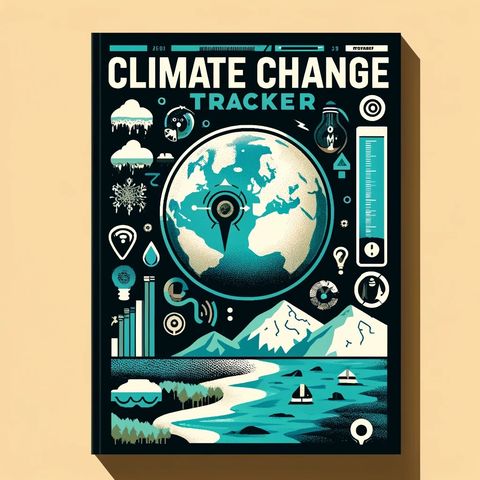
Contacts
Info
Climate Change Tracker Stay informed and engaged with "Climate Change Tracker," your essential podcast for the latest updates on global climate change. Each episode delves into critical environmental issues, from...
show moreStay informed and engaged with "Climate Change Tracker," your essential podcast for the latest updates on global climate change. Each episode delves into critical environmental issues, from melting ice caps and rising sea levels to extreme weather events and sustainable solutions.
actionable tips to combat climate change. Whether you're an environmental activist or simply concerned about the planet's future, "Climate Change Tracker" keeps you at the forefront of the fight against climate change.
Subscribe now for weekly episodes that empower you to make a difference.
for more info https://www.quietperiodplease.com/

Climate Change Tracker Stay informed and engaged with "Climate Change Tracker," your essential podcast for the latest updates on global climate change. Each episode delves into critical environmental issues, from...
show moreStay informed and engaged with "Climate Change Tracker," your essential podcast for the latest updates on global climate change. Each episode delves into critical environmental issues, from melting ice caps and rising sea levels to extreme weather events and sustainable solutions.
actionable tips to combat climate change. Whether you're an environmental activist or simply concerned about the planet's future, "Climate Change Tracker" keeps you at the forefront of the fight against climate change.
Subscribe now for weekly episodes that empower you to make a difference.
for more info https://www.quietperiodplease.com/
Information
| Author | QP-3 |
| Organization | William Corbin |
| Categories | News |
| Website | - |
| corboo@mac.com |
Copyright 2024 - Spreaker Inc. an iHeartMedia Company
